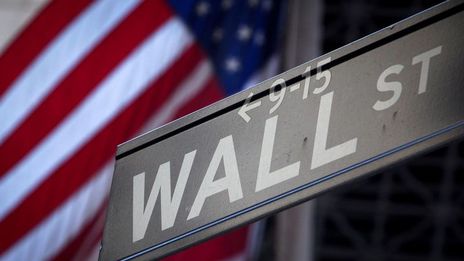The rice grown here has been deemed unsuitable for consumption due to health worries.
But now, he has a steady buyer again.
Not to grow rice for eating but to turn it into low-carbon plastic.
[Jinichi Abe, Namie rice farmer]
"I wanted to do my part against plastic waste. Another reason was for the reconstruction of Namie. I wanted to be of some use so I consulted with everyone and decided to work with Biomass."
Abe's town of Namie is still struggling to recover from the 2011 disaster, when a tsunami triggered a meltdown at the Fukushima Daiichi nuclear plant.
Parts of Namie lie only two and a half miles from the plant, and some 80% of the town's land currently remains off-limits.
Today, less than 2,000 people live in the town compared with 21,000 before the disaster.
But November 2022 was a turning point.
A company based in Tokyo, Biomass Resin, opened a factory in Namie.
Here, rice is combined with small plastic beads, heated and kneaded before its extruded into thin rods that are cooled and cut into tiny brown pellets.
The pellets, either 50% or 70% rice, are then sent to companies which manufacture plastic goods.
All overseen by Biomass Resin president Takemitsu Imazu.
[Takemitsu Imazu, President, Biomass Resin]
"This is a petroleum-based resin that was found in plastic materials. And this is rice. So, the petroleum-based resin is mixed with rice to make pellets called rice resin at our factory."
The raw materials are reborn as low-carbon plastic cutlery and takeout containers used by major firms across Japan.
They're used in chain restaurants, souvenirs sold at one of Japan's largest airports, and most recently, in shopping bags at a BMW pop-up showroom in Tokyo.
While the plastic isn't biodegradable, using rice cuts down on petroleum products and growing more rice in Namie also reduces overall atmospheric CO2.
Experts said additional testing has found no rice registering above strict radioactive limits - meaning the plastic is also fine too.
For the town of Namie, the revival of industry is vital.
Since 2017, eight companies have come in, including a concrete plant, aquaculture and an EV battery recycler, generating about 200 jobs.
Discussions are underway with others and research institutes may bring more people still.
Biomass Resin employs 10 people in Namie and hopes to expand.
It currently uses only about 55 tons of Namie rice - the rest of the 1,700 tons needed are mainly from elsewhere in Fukushima - but it will be buying more next year from Abe and his cooperative, grown on the freshly-cleared fields.
[Jinichi Abe, Namie rice farmer]
"I don't know how many years it will take for Namie from now but I think it will get better."



























